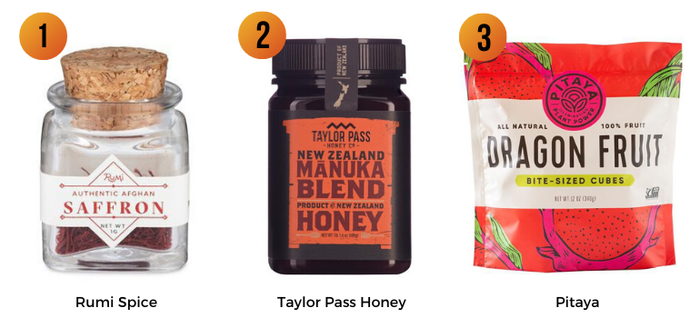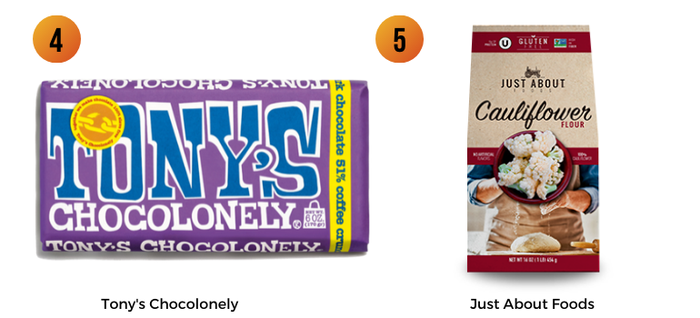On trend: 5 companies that put planet, people before profit
NEXT Trends 2020 Expo West series—a look at "multistakeholder and multibottom lines," one of the New Hope Network NEXT Data and Insights team's inventive business models trends.
April 6, 2020

NEXT Trends 2020 series: In an effort to help support retailers and brands, we will be publishing regular brand features for the next few weeks. Brands are selected from those that registered to exhibit at Natural Products Expo West 2020 and were curated as great examples of one of 50 trends New Hope Network is monitoring in the marketplace.
These trends are part of New Hope Network's NEXT Expo Guidebook and trend hierarchy.
Today, we look at five companies that are innovating in the "Multistakeholder and Multibottom Lines" trend within the Inventive Business Models macro force. These are brands that were not necessarily formed with the mission to solve poverty, hunger or environmental problems but are rethinking how they conduct business by aiming beyond profits and reducing negative impact on people and planet.

1. Rumi Spice
What is it? Ethically sourced, socially responsible spices from Afghanistan.
Innovation: Rumi Spice is a public benefit corporation that is committed to empowering Afghan women. The company brings ethically sourced and socially responsible spices from Afghanistan to its customers while catalyzing sustainable rural economic development in Afghanistan.
2. Taylor Pass Honey
What is it? Taylor Pass Honey is a vertically integrated and privately owned New Zealand honey company.
Innovation: Taylor Pass is the beekeeper and bottler of UMF Certified Manuka and floral honey, allowing it to control all aspects of production. The company stands out for its emphasis on sustainable beekeeping. The company also has strong relationships with the landowners who house its hives, striving for minimal negative impact on the land and on the landowners’ lives.
3. Pitaya
What is it? Pitaya sells Organic Dragon Fruit from Nicaragua in various formats, such as freeze-dried powders, frozen chunks and smoothie packs.
Innovation: Pitaya uses minimal processing and organic sustainable farming while directly supporting the communities it sources from. For example, Pitaya has provided 250 jobs for single mothers to earn above minimum wage. The company works closely with farmers to monitor working conditions and support organic certification. The company also owns one of the only solar-powered facilities in Central America.

4. Tony’s Chocolonely
What is it? Chocolate company on a mission to make chocolate 100% slave free. The company makes sustainably produced, organic chocolate.
Innovation: Tony’s is trying to make all chocolate in the world slave free, functioning both as a chocolate company and an advocacy group. As a company, Tony’s pays farmers a premium above and beyond the Fair Trade premium. It also maintains full traceability of its cocoa to cooperatives in Ghana and Ivory Coast, unlike most chocolate brands. As an advocacy organization, it provides members with tools, videos and information to raise awareness about social and environmental issues.
5. Just About Foods
What is it? Just About Foods sells lines of flavored chickpeas and peanuts as well as flours made from chickpeas, bananas and cauliflower. It also sells chips made from black beans and cauliflower. Products are all organic and non-GMO.
Innovation: Just About Foods supports over 10,000 families in the agriculture community by providing them with training, promotion and financial support so they can avoid brokers and intermediaries. The company’s purpose is to “return to our land and its people what they have given us.”
About the Author(s)
You May Also Like




